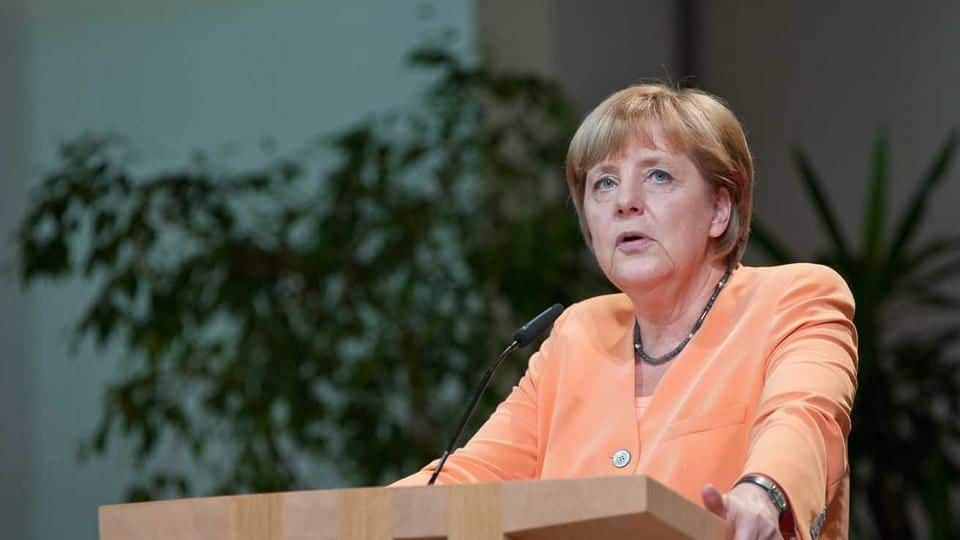
Germany faces unprecedented political crisis as Merkel's coalition talks fail
What's the story
Germany is facing an unprecedented political crisis as Chancellor Angela Merkel's party has failed to secure a coalition government in the Bundestag (lower house) following elections in September. Talks to set up a coalition between her conservative Christian Democrats (CDU), its ally CSU, the Greens and liberal Free Democrats (FDP) have failed. What options does Merkel have now? We explain.
Minority coalition
Coalition with FDP-Greens would weaken Merkel's agenda
A coalition with the Greens and FDP would lead Merkel's CDU-CSU alliance into a minority government. Such an option has never been tested at a federal level before in Germany. It would likely undermine Merkel who "sees herself as a symbol of strong and stable government," according to the BBC. It would also impact Merkel's decision making on the EU, immigration and Brexit front.
Old coalition partners
Merkel could again form coalition with old ally SPD
Prior to the September election, Merkel's party governed in coalition with the Social Democrats (SPD). However, the SPD has refused to form another coalition with the CDU-CSU combine. The party says it isn't "the spare wheel for Mrs. Merkel's skidding car." If the SPD comes on board, Merkel would easily attain a majority. There's speculation that the SPD might revisit its stance.
Fresh elections
Germany could return to the ballot boxes
If Merkel fails to form a coalition, she could dissolve parliament, paving the way for fresh elections. It could take months for Germany to return to the ballot boxes. Meanwhile, there are fears that the far-right Alternative for Germany (AfD) could benefit most in the event of fresh elections. Hence, it's possible that other parties would avoid elections.